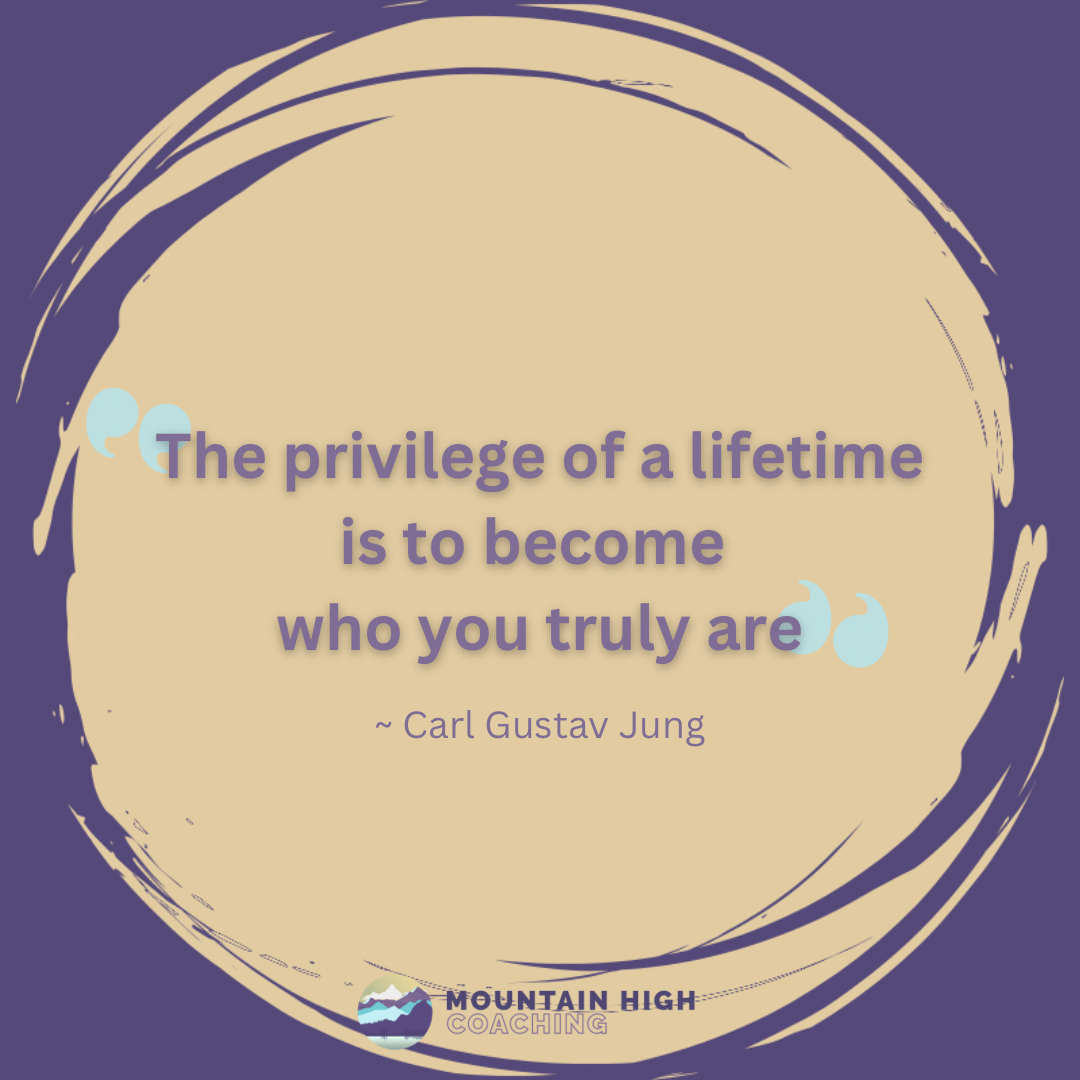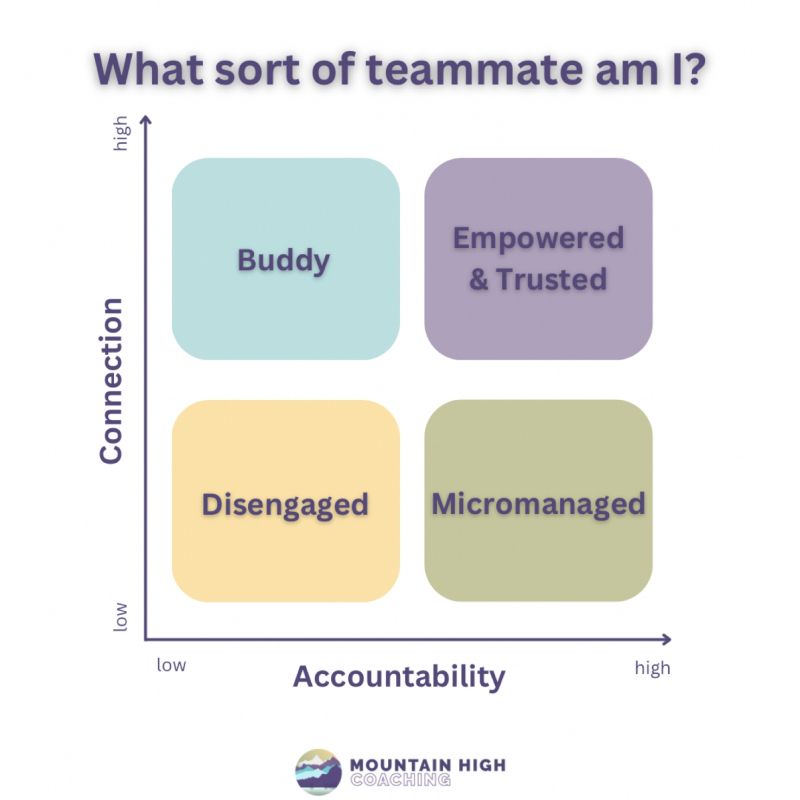“We have to dare to be ourselves, however frightening or strange that self may prove to be.” ― May Sarton.
Many of us show up in social or work settings pretending to be someone we aren’t. And for good reason, we feel. It helps us to fit in, feel like we belong, like we’re accepted by our friends and colleagues, like we have lots in common and agree on pretty much everything.
I mean, we all know that person who shows up with lots to say, who says the things that makes others gasp and shrink, who calls out bad behavior, dysfunction, or can see all that’s wrong with an idea about to be adopted by a team that may be in the depths of groupthink.
We kinda wish they’d just shut up and let calm and blissful harmony prevail. Who needs the hassle, right? Who needs this naysayer, this troublemaker, stirring up the murk that’s nicely settled at the bottom of our crystal clear waters?
The thing is, that ‘troublemaker’ may be the only person in the room who has turned up fully in their integrity and courageous authenticity.
They may be the one person who isn’t afraid to speak their truth, to call out what they see, to voice the concerns that others won’t, to play the role of devil’s advocate and shake up people’s thinking.
They may be the person who understands that you can’t control how people think and feel about you, and that they’d rather be disliked or rejected for being authentic, than loved for being an inauthentic pleaser.
May Sarton nails it when she says, “we have to dare to be ourselves”.
As a leader, it’s even more important to have the courage to show up fully as your most authentic self. To stand in your integrity and live your ethical values, to challenge your people to think differently, challenge the status quo, throw ideas around, to debate and disagree while embracing diversity of thought and the courage to share the wackiest of ideas.
To be comfortable with being more vulnerable, not having all the answers and being able to say so while drawing on the wisdom and experience of those around you, at any level of the organisation.
Transparency and honesty are what will make you trustworthy and build your credibility, even when it feels uncomfortable or unpopular.
As Brené Brown says in her book ‘Daring Greatly’, “true belonging only happens when we present our authentic, imperfect selves to the world, our sense of belonging can never be greater than our level of self-acceptance.”
If you’re keen to explore how you can start to show up as your true self, get in touch.
With the support of the Leadership Circle Profile™️ 360° Assessment, we can explore your leadership effectiveness in your current context, as well as your patterns of thought and beliefs that underpin your behaviours, so that you can expand your self-awareness, awaken your potential, maximise your effectiveness, and be the inspiring, truly authentic leader others choose to follow.









